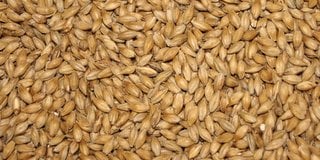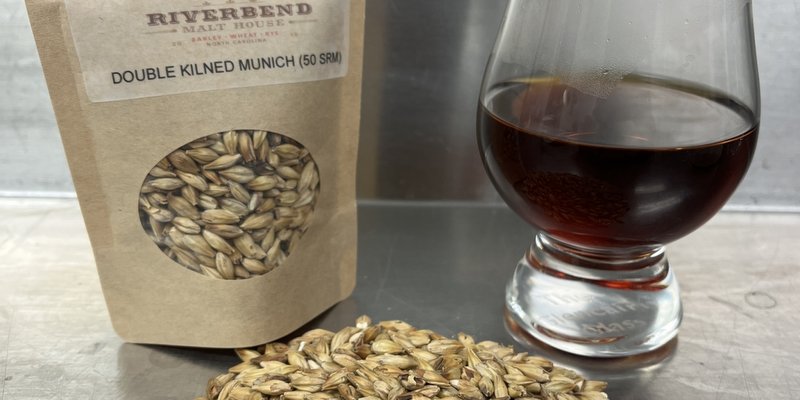There has been a lot of news about hops growers recently, but hops aren’t the only agricultural commodity coveted by craft brewers. Malts are the craft beer’s backbone — giving the brew its bold body. And malt suppliers in Asheville, N.C., want beer drinkers to know it when they taste a beer made with locally grown grains. National Public Radio (NPR) profiled Brent Manning, co-founder of Riverbend Malt House in Asheville, who is setting out to create a distinct North Carolina malt taste using the power of locally-sourced grains.

Asheville has seen its fair share of craft beer growth. Local breweries are all the rage — especially for Craft Brewing Business’s IT guru Sean Wright, who visits Asheville annually to taste the new craft beer concoctions. Local malt growers like Manning are hoping to mirror that small start success of the area’s craft breweries by leveraging the local angle. From NPR:
Asheville’s beer lovers are “farm-to-table, local, local, local-focused,” Manning says. But when he and business partner Brian Simpson opened Riverbend in 2010, “it was almost comical that with so much of this local beer, the only thing local [in the beer] was the water.”
…
But micro-malting isn’t about being big, after all. Riverbend’s goal, Manning says, is “to create another niche market for these farmers to sell their grain to.”
This trend of local micro-malters is coining the term “craft malt” to reflect the local growers and buyers commitment to creating a unique product that brewers can’t get from the large big box malt suppliers. This extends beyond North Carolina and into New York and Massachusetts. But the craft malt business is still small, as NPR explained that small distributor Valley Malt, which opened in 2010, produces an annual malt yield that would be comparable to a larger Midwest malt producer’s monthly production. Again, NPR:
The explosion of microbreweries in recent years has spurred a small but growing craft malt industry, where tiny malt houses — facilities where malt is produced — conduct the malting process, often entirely by hand.
…
Craft malt houses have another benefit for farmers, says Manning: They offer some insurance against the vagaries of the market. Farmers’ livelihoods depend on the price they get when they sell their product — and that price can vary wildly. Riverbend’s goal “was to get farmers out of that commodity price loop,” Manning says.
For an in-depth look at the growing craft malt culture, head over to NPR for the extensive and excellent article.





More “beer terroir”. http://t.co/2B9d2b4pwC